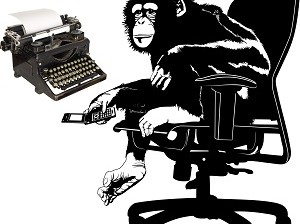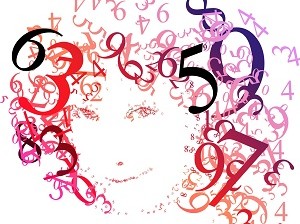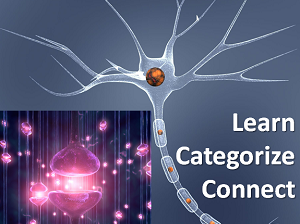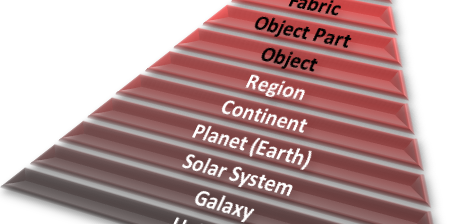Category Archives: Knowledge
15 Mar The Random Hamlet

For building an automated language understanding and translation system, I believe that adding random factors to the model for “fuzzy” reasoning is needed and important. The questions are: How do we use random factors to improve the outcomes of the process? Where do we insert random factors into the model? How do we implement random […]
14 Mar That’s so Random!

Random Probability Theory Some things are difficult to predict, and some are nearly impossible to predict. The further a thing gets from predictable, the more nearly it approaches randomness. It may seem silly to try to define chaos or randomness or anything that spends its entire existence trying to defy definition, but some of us […]
13 Mar Probability and Expectations

The sun is pretty likely to rise tomorrow – you can have confidence in that, but it is sometimes said that “there is no guarantee.” Scheduling meetings tomorrow based on the sunrise assumption is a safe bet, but there may be any number of other things that interfere with the meeting. Life is filled with […]
12 Mar Building a Concept Hierarchy

Existential knowledge, our knowledge of things that exist, is hierarchical. In other words, we categorize things into classes. Objects in these classes form the content of our thoughts. We have heard about the phylogenetic tree, the “tree of life” or the system of biological classification. This is a beautiful example of a regular taxonomy (irregular might have […]
11 Mar Joe’s Theory of Everything

While my teachers explained that language is about nouns and verbs, I think language is about symbolically representing everything and communicating about anything to anyone. There are many ways to look at the milieu in which we live from the tiniest sub-atomic particle on up. One way is to look at the larger context of […]
08 Mar In the Middle of a Big Wide World

The guy on the previous post (Your Personal Bubble) represents your typical office worker who sees himself as part of a universal hierarchy or taxonomy, though not exactly where he’d rather be in the big wide world. Each moment, we each learn from our own vantage point. While we can learn about all physical things, from […]
13 Feb Yorrick: Seeds of Knowledge

A Wise Geek once said: “Knowledge acquisition typically refers to the process of acquiring, processing, understanding, and recalling information through one of a number of methods. This is often a field of study closely tied to cognition, memory, and the way in which human beings are able to understand the world around them.” Our exploration begins […]
11 Feb Conscious Sensibility

Watergate Revisited More than one President of the United States has been asked this question: “What happened, and how soon did you know about it?” Many cognitive psychologists perform experiments in which they ask subjects (people) the same question, seeking to mark the boundaries between conscious and unconscious phenomena. I recently spoke of mindfulness. Wakefulness may be a […]






